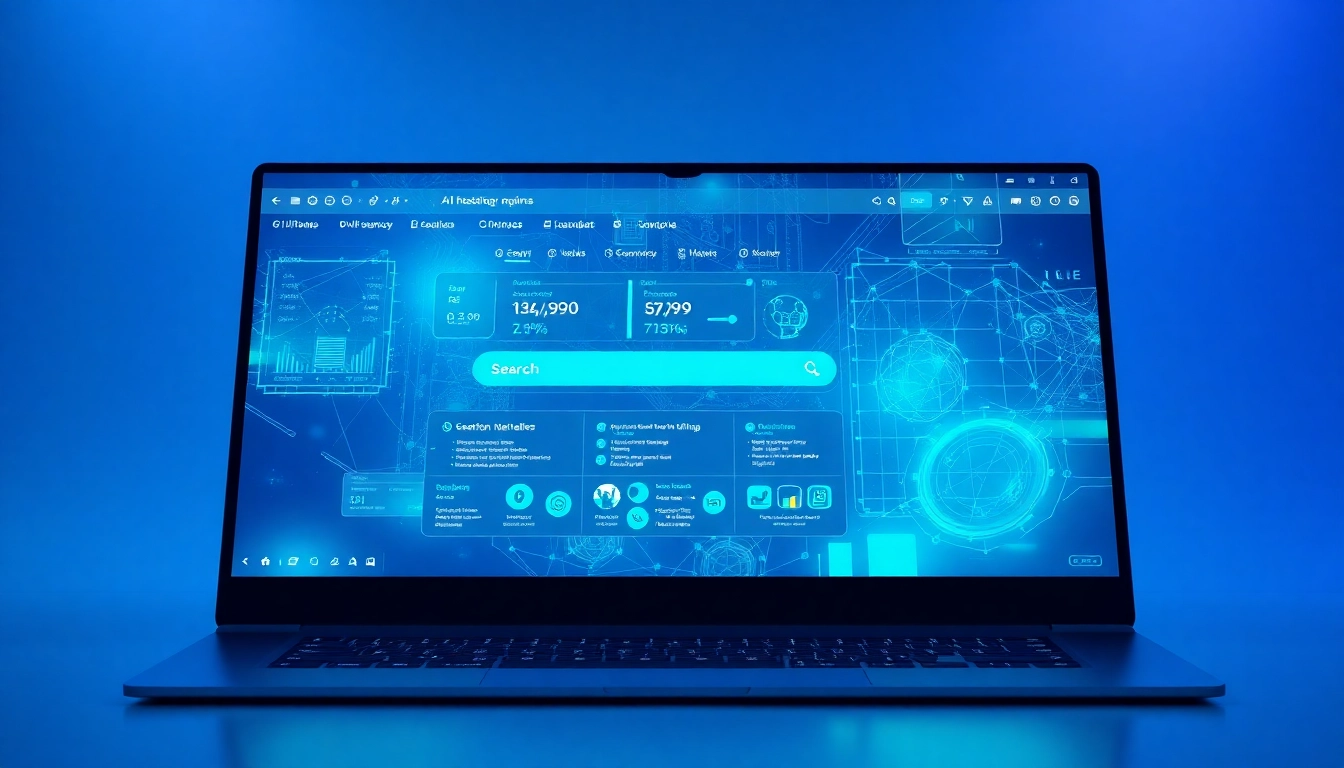Understanding the Role of a Professional Hacker
In today’s rapidly evolving digital landscape, the concept of a professional hacker occupies a crucial position. With cyber threats becoming increasingly sophisticated, organizations worldwide are recognizing the need for skilled individuals who can proactively defend against attacks, assess security vulnerabilities, and improve overall cybersecurity posture.
Defining Professional Hacking
Professional hacking encompasses various activities aimed at understanding and improving the security of computer systems and networks. Unlike amateur hackers, who might engage in illegal activities for personal gain, professional hackers (often referred to as ethical hackers or white hat hackers) operate with permission and intent to secure systems. These professionals utilize their hacking skills to find vulnerabilities, implement security measures, and help organizations bolster their defenses.
Differences Between Ethical and Malicious Hacking
Understanding the differences between ethical and malicious hacking is fundamental to grasping the role of a professional hacker:
- Intent: Ethical hackers seek to protect systems, whereas malicious hackers, or black hat hackers, aim to exploit vulnerabilities for personal gain.
- Authorization: Ethical hackers operate under a contract or permission, conducting tests legally compared to malicious hackers who breach systems unlawfully.
- Outcome: The findings of ethical hackers are used to improve security, while malicious hackers create chaos, steal data, or compromise systems.
Common Misconceptions About Hackers
Many myths cloud the perception of hackers, often portraying them as shadowy figures engaged in criminal activities. Some common misconceptions include:
- All hackers are criminals: This is far from true. Many hackers work in positive roles to promote security.
- Hacking is easy: In reality, hacking requires a deep understanding of various technologies, programming, and cybersecurity principles.
- Once hacked, a system can never be secured: While breaches can happen, ethical hackers play a critical role in repairing and strengthening systems.
The Skills Required to Become a Successful Hacker
To excel in the field of ethical hacking, a diverse skill set is required. Below are crucial skills that aspiring hackers must develop:
Foundational Knowledge in IT and Networking
Understanding the fundamentals of IT infrastructure is essential. A strong grasp of networking concepts, including TCP/IP, LAN, WAN, and VPN, serves as the backbone for a hacker’s knowledge. Familiarity with how different systems communicate allows hackers to identify potential points of failure and exploit them.
Programming Languages Every Hacker Should Know
While not every hacker needs to be a programming expert, proficiency in certain languages can significantly enhance hacking capabilities:
- Python: Known for its simplicity and versatility, it’s widely used in automation.
- JavaScript: Essential for understanding web vulnerabilities such as XSS (Cross-Site Scripting).
- SQL: Crucial for understanding database vulnerabilities and performing SQL injection attacks.
- HTML/CSS: Knowing these languages helps in web application security analysis.
Cybersecurity Principles and Best Practices
Knowledge of cybersecurity principles like the CIA triad (Confidentiality, Integrity, Availability) is essential. Ethical hackers need to be aware of best practices, tools, and techniques for securing networks, including the use of firewalls, intrusion detection systems, and security protocols.
Educational Pathways and Certifications
Pursuing education and certifications is vital for developing the necessary skill set and credentials in ethical hacking.
Academic Degrees Relevant to Hacking
While formal education is not strictly necessary, obtaining a degree in cybersecurity, computer science, or information technology can provide foundational knowledge and credibility. Coursework often covers essential areas such as networking, security protocols, and ethical hacking techniques.
Key Certifications for Professionals
Certifications can significantly enhance job prospects and validate skills. Some of the most recognized certifications in the field include:
- Certified Ethical Hacker (CEH): This certification covers the essentials of ethical hacking and penetration testing.
- CompTIA Security+: Provides a broad understanding of security principles and practices.
- Offensive Security Certified Professional (OSCP): Known for its hands-on, practical approach, this certification is highly regarded.
Online Resources and Courses to Get Started
Many online platforms offer courses in ethical hacking. Websites like Coursera, Udemy, and LinkedIn Learning have extensive libraries of content ranging from beginner to advanced levels. Engaging in hands-on labs and simulations is particularly beneficial for mastering the field.
Career Opportunities for Professional Hackers
The demand for ethical hackers is escalating as organizations increasingly recognize the importance of cybersecurity. Here are common career opportunities available in this field:
Job Roles in Cybersecurity
Some popular job titles in cybersecurity include:
- Penetration Tester: Frequency involved in simulating attacks to assess security.
- Security Analyst: Focuses on monitoring and responding to security incidents.
- Security Engineer: Designs and implements security systems within an organization.
Freelancing vs. Full-time Employment
Many ethical hackers choose between freelancing and full-time positions. Freelancing offers flexibility and the ability to work on diverse projects, while full-time roles often provide stability, benefits, and a structured career path. Individual preferences and lifestyle goals will largely influence this choice.
Salary Expectations and Career Growth
Ethical hackers typically command high salaries, with averages varying by location and experience level. Entry-level positions may start from $50,000 to $70,000 annually, while seasoned professionals can earn six-figure salaries. Continuous professional development and acquiring certifications can significantly enhance earning potential.
Tools and Techniques Used by Ethical Hackers
The arsenal of tools available to ethical hackers is extensive. Familiarity with these tools can provide a significant advantage in identifying and mitigating vulnerabilities.
Popular Hacking Tools for Penetration Testing
Some of the most commonly used tools in the industry include:
- Nmap: A network scanning tool used to discover hosts and services.
- Metasploit: A penetration testing framework that allows testers to find and exploit vulnerabilities.
- Wireshark: A network protocol analyzer that helps in capturing and inspecting packets on a network.
Understanding Vulnerability Assessments
Vulnerability assessments are systematic evaluations of security weaknesses in systems or applications. Ethical hackers utilize tools to conduct these assessments, identifying risks and providing comprehensive reports to organizations interested in remediation.
Keeping Skills Updated in a Rapidly Evolving Field
The field of cybersecurity is constantly evolving, necessitating that ethical hackers stay updated on the latest trends, threats, tools, and techniques. Regular participation in training, attending cybersecurity conferences, and engaging with the hacker community via forums, blogs, and social media can contribute to continuous learning and skill enhancement.


